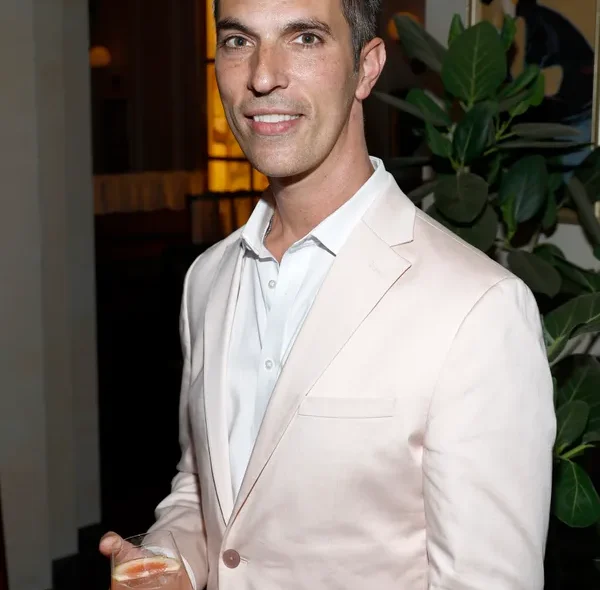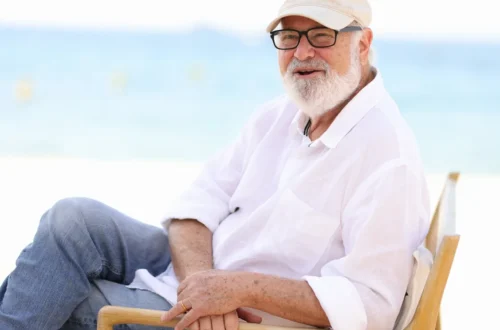Ari Shapiro, one of NPR’s most recognizable voices and a co-host of All Things Considered since 2015, is leaving the network after nearly two decades. His departure, announced as NPR faces government funding challenges and wider budget pressures, signals the end of an era for the broadcaster and for millions of listeners who have relied on his voice to guide them through some of the most consequential news stories of the past twenty years.
Shapiro’s path at NPR began in 2003 when he joined the network as an intern. He quickly distinguished himself as a reporter with both sharp instincts and an approachable style. By 2008 he was covering the White House, reporting daily on the Obama administration, and gaining a reputation for his ability to translate complex policy debates into clear, accessible narratives for listeners. His White House reporting was notable for its breadth, ranging from health care reform and foreign policy to the more intimate stories that revealed the human side of government.
After his time in Washington, Shapiro was named international correspondent and moved to London, where he covered a period of rapid change across Europe. He reported from the frontlines of the migrant crisis, chronicling the journeys of refugees across the Mediterranean and into the continent’s political heart. He also covered the rise of nationalist movements, the fallout from the Brexit referendum, and the continuing influence of U.S. foreign policy abroad. His reports, often rich with personal stories from those directly affected, helped audiences connect with issues that might otherwise have seemed distant.
When he joined All Things Considered in 2015 as one of four co-hosts, Shapiro brought this wealth of reporting experience into the studio. His signature interviews became a defining element of the program. He pressed presidential candidates on policy, guided scientists through explanations of groundbreaking research, and spoke with ordinary citizens caught in extraordinary circumstances. His conversations with survivors of the Pulse nightclub shooting in Orlando in 2016 stood out for their empathy, while his coverage of the COVID-19 pandemic balanced urgency with clarity at a time of widespread uncertainty.
Colleagues often remarked on his ability to shift seamlessly between hard news and cultural coverage. Shapiro interviewed authors, musicians, and filmmakers with the same thoughtful approach he brought to political leaders. His conversation with former President Barack Obama about race and identity in America was widely shared, as was his interview with Lin-Manuel Miranda at the height of Hamilton’s popularity. These moments showed his versatility, making him not just a news anchor but a cultural presence.
Beyond NPR, Shapiro maintained a parallel career as a singer with the internationally touring band Pink Martini. Performing on stages from the Hollywood Bowl to Carnegie Hall, he built a second audience while remaining firmly committed to journalism. This dual career, unusual in broadcasting, gave him a distinctive profile that NPR listeners came to embrace. In 2023, he published a memoir that reflected on this unusual trajectory, weaving together personal stories from the road with his journalistic work.
Shapiro’s departure comes as NPR confronts financial strains tied in part to government budget cuts and a shifting media landscape. Public broadcasting in the United States has long relied on a mix of federal funding, philanthropic support, and listener contributions. Reductions in government support, combined with declining broadcast audiences as more listeners move to podcasts and on-demand audio, have put new pressure on the organization. The exit of a high-profile host like Shapiro underscores the extent of the challenges NPR now faces in both retaining talent and maintaining its place in a crowded digital marketplace.
For NPR, his absence will be significant. All Things Considered has long been one of the network’s flagship programs, airing each weekday afternoon and drawing millions of listeners. Shapiro’s voice became inseparable from the show’s identity, offering both authority and warmth. He was a steady presence through turbulent times, from elections and impeachments to natural disasters and cultural milestones. His ability to adapt to breaking news while keeping the tone measured and inclusive became a hallmark of his work.
Shapiro has not disclosed his next steps, though he has suggested he will continue balancing journalism and music. Whether that means new reporting projects, expanded writing, or more time on stage remains to be seen. For now, his departure is a reminder of how public media, like the stories it covers, is in a state of transition.
Listeners who have relied on Shapiro’s voice for nearly twenty years will no doubt feel his absence. But the legacy of his reporting—from the White House to war zones to the studio chair at All Things Considered—remains intact. In an era when the media itself is undergoing profound change, his career stands as a testament to the enduring value of clear, thoughtful, and compassionate journalism.




